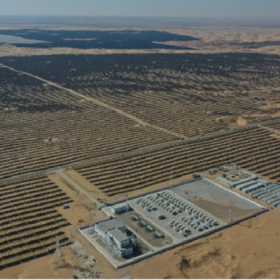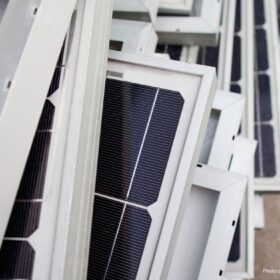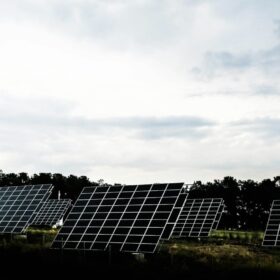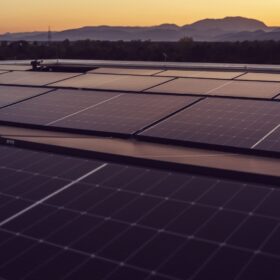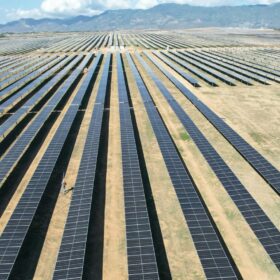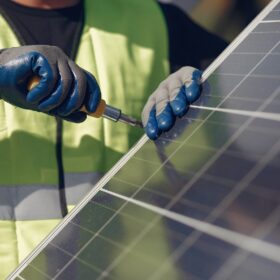China Three Gorges to build 16 GW renewables cluster in Inner Mongolia
China Three Gorges has announced plans to build a 16 GW renewables cluster in China’s Inner Mongolia region, including 8 GW of solar, 4 GW of wind, a 200 MW solar thermal system, a 4 GW coal plant, and a 500 MWh energy storage system.
IEA-PVPS identifies 456 patents in PV module recycling
The IEA Photovoltaic Power Systems Programme’s (IEA-PVPS) latest report on solar panel recycling offers a comprehensive review of all existing technologies in this market segment, from pure mechanical recycling to innovative techniques such as as light pulse treatment, water-jet cleaning, pyrolysis, and chemical treatments.
The Hydrogen Stream: Maire’s Tecnimont, Nextchem awarded engineering design study for a green ammonia plant in India
Tecnimont will carry out an engineering design study for a 200,000 metric ton-per-year green ammonia plant. Nextchem will provide its digital tool, ArcHy, to optimize renewable power usage, resulting in capex and opex efficiency of the plant lifecycle and minimizing the cost of ammonia.
SolarPower Europe calls for stronger cybersecurity measures
SolarPower Europe argues in a new position paper that regulators and policymakers should create a sector-specific strategy to address the growing threat of cyberattacks.
Solar panel cleaning with electromagnetic waves
Three companies, including US-based startup Sol Clarity, are experimenting with electrodynamic screen systems to clean solar panels using minimal electricity and no water.
Polysilicon prices stabilize at low levels amid market downturn
In a new weekly update for pv magazine, OPIS, a Dow Jones company, provides a quick look at the main price trends in the global PV industry.
The EV charging boom: A $1 trillion opportunity by 2040
The EV charging sector is on the brink of unprecedented growth, with a trillion-dollar investment forecasted by 2040. While the path to this future is fraught with challenges, it also offers immense opportunities for innovation and economic growth.
Enfinity Global secures $162.4 million for 250 MW solar portfolio in Japan
Enfinity Global has closed $162.4 million in financing for a 250 MW solar portfolio in Japan. The seven utility-scale projects are expected to produce 300 GWh of clean energy per year.
Bifacial PV, single-axis tracking produces cheapest electricity, says IEA-PVPS
The IEA Photovoltaic Power Systems Programme’s (IEA-PVPS) latest factsheet covers bifacial PV modules and advanced tracking systems. It says a combination of bifacial modules with single-axis tracking could increase energy output by up to 35%.
Researchers eye redesigned panel as part of recycling plans
Researchers at the University of New South Wales (UNSW) plan to develop a redesigned PV module for easier recycling, with AUD 5 million ($3.4 million) in federal government funding to help transform Australia’s solar panel recycling industry.
